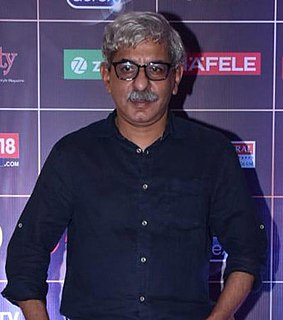A Quote by Mark Strong
When you're making a psychological thriller, what you need to do is have an audience on shifting sand so they're never quite sure where they are.
Quote Topics
Related Quotes
Making sure every child can read, making sure that we encourage faith-based organizations ... when it comes to helping neighbors in need, making sure that our neighborhoods are safe, making sure that the state of Texas recognizes that people from all walks of life have got a shot at the Texas dream but, most importantly, making sure that government is not the answer to people's problems.
Making a show is also economics. Because the irony is, or the shame of it is, you cannot create a show instantaneously. It needs to be massaged. You need to see who is relating to who. How is it working with the audience? You need to give it a chance for the audience to find it, because there are so many outlets. And the audience doesn't know where to go.
It's been proven by quite a few studies that plants are good for our psychological development. If you green an area, the rate of crime goes down. Torture victims begin to recover when they spend time outside in a garden with flowers. So we need them, in some deep psychological sense, which I don't suppose anybody really understands yet.
On camera, the audience can see your eyes close up - they can see behind your eyes - and when you're on stage, you need to make sure that the person sitting in the back row can feel what's happening behind your eyes, even if they can't see them. Having a live audience is exhilarating and exciting all on its own, but you know, it is quite different.
Leadership has to be focused on some very radical ideas that only we as 21st Century people can talk about: making sure people have a livelihood, making sure people receive a living wage, making sure the environment, the Mother Earth, is embraced and cherished and not destroyed. Making sure people are healthy in what they eat, making sure we hold people and corporations accountable for the damage they do not only to our environment but to our institutions.



































